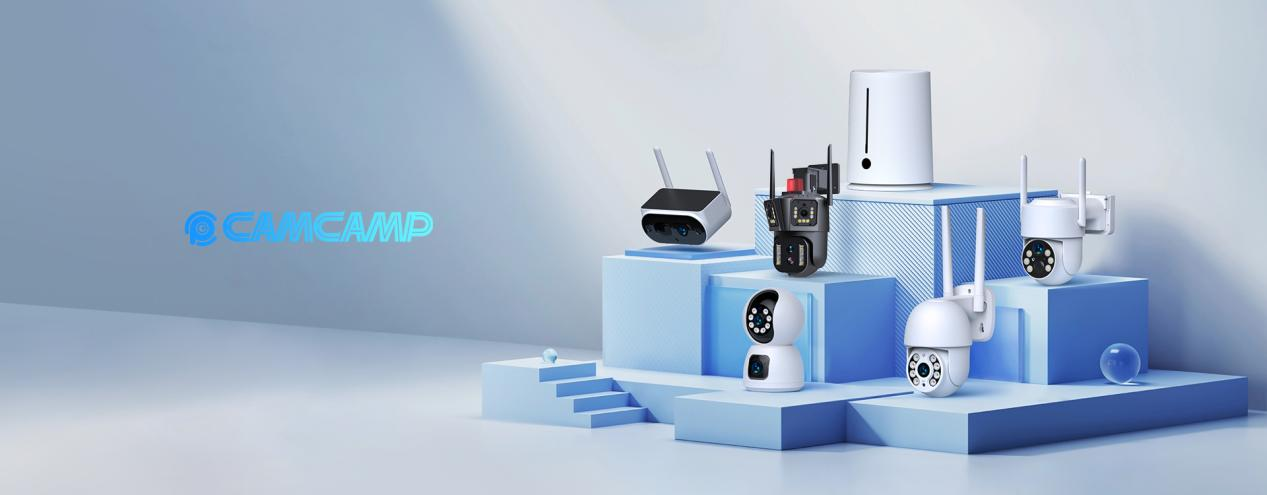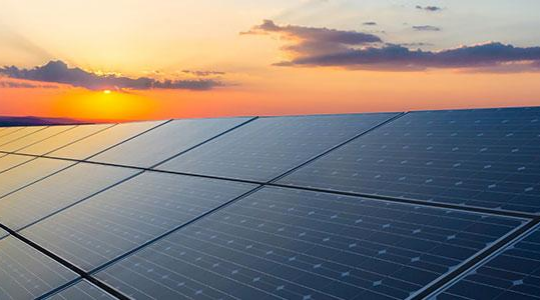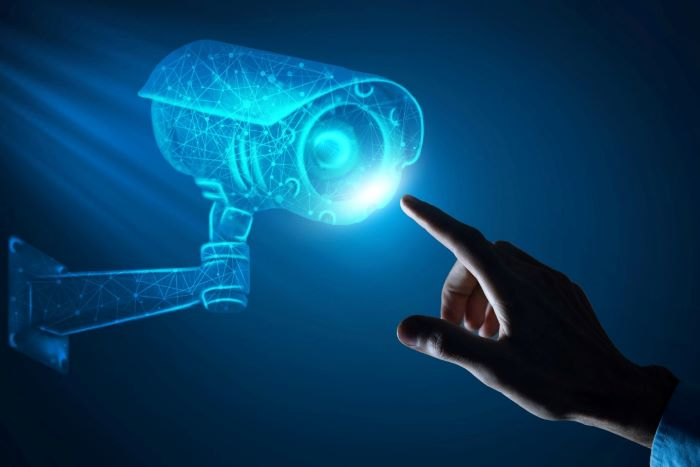Security is a top priority for any business, and choosing the right security camera system is crucial to safeguarding your assets, employees, and customers. With numerous options available, selecting the best security camera can be overwhelming. This guide will walk you through the essential factors to consider when choosing a security camera for your business.
- Assess Your Security Needs
Before diving into the technical specifications, evaluate your specific security needs:
Areas to Monitor: Identify key areas such as entrances, exits, parking lots, and high-traffic zones.
Indoor or Outdoor: Determine if you need cameras for indoor, outdoor, or both environments.
Coverage Area: Calculate the total area that needs to be covered and the number of cameras required.
- Choose the Right Camera Type
There are various types of security cameras, each with its own advantages:
Dome Cameras: Ideal for indoor use, offering a wide field of view and a discreet appearance.
Bullet Cameras: Suitable for outdoor use, known for their long-range capabilities and deterrent effect.
PTZ Cameras: Pan-Tilt-Zoom cameras allow remote control of the viewing angle and zoom, perfect for large areas.
Thermal Cameras: Detect heat signatures, useful for low-light or no-light conditions.
- Consider Resolution and Image Quality
The clarity of the footage is paramount. Higher resolution cameras provide better image quality:
1080p (Full HD): Standard for most business applications.
4K (Ultra HD): Offers superior image clarity, beneficial for identifying fine details.
Night Vision: Ensure the camera has infrared (IR) capabilities for clear images in low-light conditions.
- Evaluate Storage Options
Storage is a critical aspect of your security camera system:
Local Storage: Uses on-site hardware such as DVRs or NVRs. Provides control over data but requires physical maintenance.
Cloud Storage: Offers remote access and automatic backups. It's convenient but may have ongoing subscription costs.
Hybrid Systems: Combine local and cloud storage for flexibility and redundancy.
- Connectivity and Integration
Modern security cameras offer various connectivity options:
Wired Cameras: Provide reliable and consistent performance but can be challenging to install.
Wireless Cameras: Easier to install and flexible in terms of placement, but may suffer from interference.
Smart Integration: Ensure compatibility with your existing security systems, alarms, and smart devices.
- Scalability and Future-Proofing
Consider the future growth of your business:
Scalable Systems: Choose a system that allows you to add more cameras and upgrade features as needed.
Technology Updates: Opt for cameras from reputable brands that offer regular firmware updates and support.
- Cost and Budget
While it's essential to find a cost-effective solution, don't compromise on quality:
Initial Investment: Factor in the cost of cameras, installation, and any necessary infrastructure upgrades.
Maintenance Costs: Consider ongoing expenses such as storage subscriptions, software licenses, and potential repairs.
- Legal and Privacy Considerations
Ensure compliance with local laws and regulations:
Privacy Laws: Be aware of laws regarding the placement of cameras and the recording of audio.
Data Protection: Implement measures to protect recorded footage from unauthorized access and breaches.
Conclusion
Choosing the best security camera for your business involves careful consideration of your security needs, camera types, image quality, storage options, connectivity, scalability, cost, and legal implications. By thoroughly evaluating these factors, you can select a security camera system that provides robust protection and peace of mind for your business.
Investing in the right security camera system is not just about protecting your assets; it's about creating a safe environment for your employees and customers, ultimately contributing to the success and reputation of your business.




Leave a comment
This site is protected by hCaptcha and the hCaptcha Privacy Policy and Terms of Service apply.